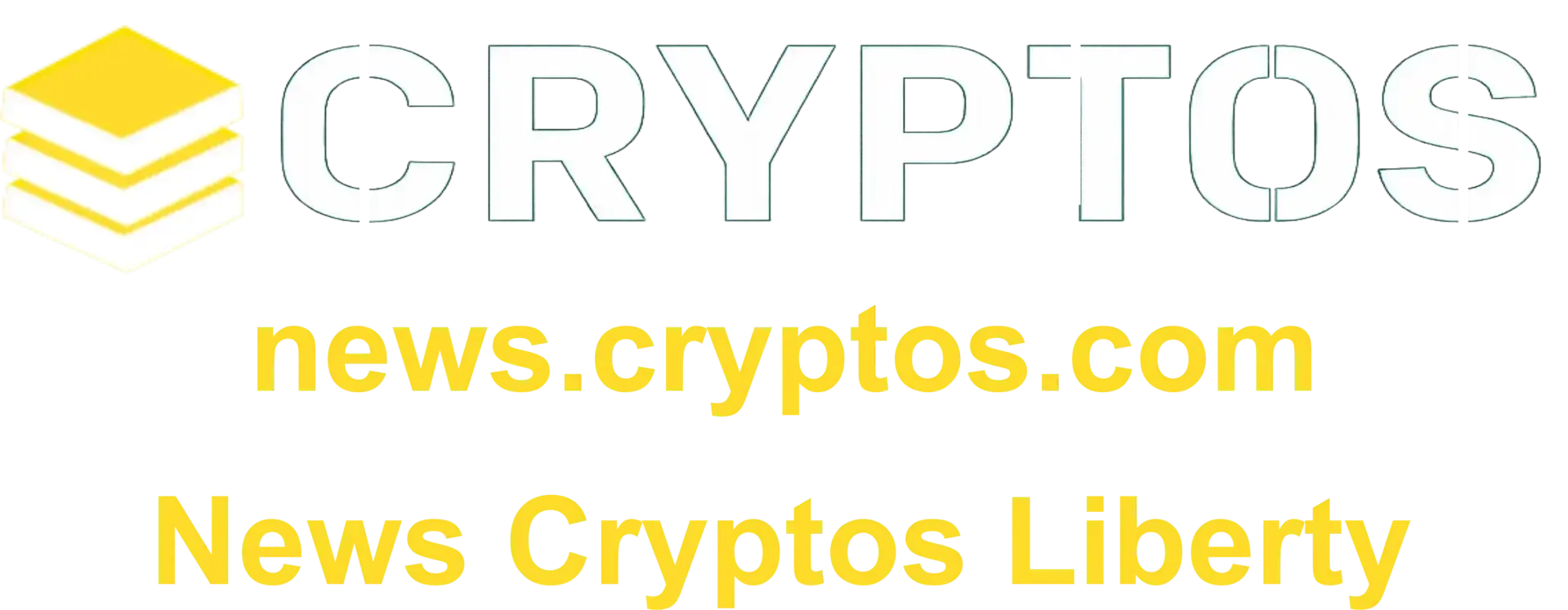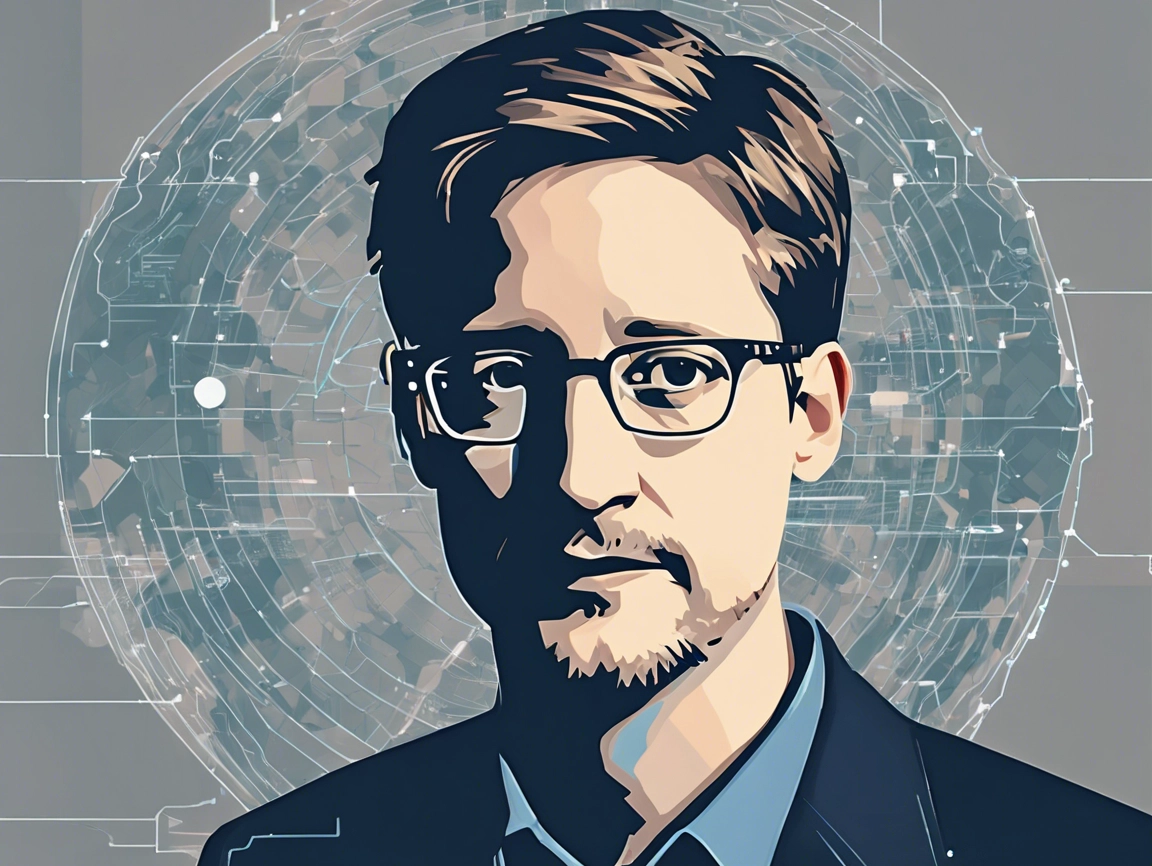Edward Snowden, the renowned whistleblower and privacy advocate, recently emphasized the critical need for decentralization in a keynote speech delivered at Near’s Redacted conference in Bangkok, Thailand. During the event, he outlined concerns over venture capital influence in blockchain networks, spotlighting Solana as an example, and warned of the growing dangers posed by AI-powered surveillance systems.
Snowden’s Concerns: AI and Decentralization
Edward Snowden’s comments at the Redacted conference touched on some of today’s most pressing issues: artificial intelligence, surveillance, and the blockchain ecosystem. His message was clear: decentralization is a vital safeguard against the increasing power of governments and corporations, especially as AI continues to evolve.
Snowden described how AI could facilitate unprecedented levels of surveillance. He warned of systems capable of analyzing large swaths of personal data in real time, enabling live monitoring at a scale that was previously unimaginable.
“They want to train it on everything,” Snowden said. “They want to be able to say, you know, who looks anomalous. Look at everybody, look at the whole human body, and pick out anybody who is weird.”
The former NSA contractor painted a chilling picture of a future where personal freedom could be compromised by technology, arguing that decentralization is crucial to prevent this from happening.
Solana and the Influence of Venture Capital
Snowden’s critiques of venture capitalist influence centered on Solana, a blockchain known for its fast transaction speeds but also for its significant VC backing. He compared Solana to a network “born in prison” due to its dependence on venture funding, warning that such financial influence compromises the independence and decentralized nature of the project.
While he acknowledged that Solana had achieved rapid growth, Snowden was critical of the concentration of ownership among investors. He expressed worry that Solana’s reliance on venture capitalists could hinder its potential as a genuinely decentralized network. However, he also left the door open for future improvement, suggesting that Solana might evolve if it moves toward greater decentralization.
Examples of VC Influence Across the Blockchain Ecosystem
Snowden’s concerns aren’t limited to Solana. He also cited other instances where venture capitalists have wielded outsized influence over supposedly decentralized projects. One such example involved the prominent VC firm Andreessen Horowitz (a16z), which used its considerable holdings of Uniswap tokens to vote against a proposal that aimed to deploy Uniswap v3 on the BNB Chain.
In that case, a16z leveraged its 15 million Uniswap token holdings to influence the vote, overshadowing the initial majority that supported the proposal. The episode raised questions about how much control large stakeholders can exert over decentralized networks.
This incident, Snowden argued, underscores the challenges of maintaining decentralization when large, centralized entities can effectively dictate outcomes.
Open-Source Technology as a Solution
Despite the challenges, Snowden expressed hope for the future of blockchain and decentralized technology. He is a firm believer in the power of open-source tools to democratize technology and empower individuals. Snowden emphasized that open-source models provide users with the knowledge and resources needed to break free from centralized control.
“The bottom line is, you guys can do this yourself,” Snowden told the audience. “I’m telling you guys you don’t understand; if you’re not using it, you need to use this… the sky’s the limit.”
He encouraged the use of open-source AI, which he believes can help individuals retain control and autonomy in a rapidly centralizing digital world.
Conclusion
Edward Snowden’s call for greater decentralization and his critique of venture capital influence resonate deeply with the ideals of blockchain and cryptocurrency communities. His warnings about AI-driven surveillance remind us of the stakes involved, while his endorsement of open-source solutions provides a blueprint for those committed to preserving individual freedom and privacy. As blockchain networks like Solana continue to grow, the balance between innovation and decentralization remains a key topic of debate.

